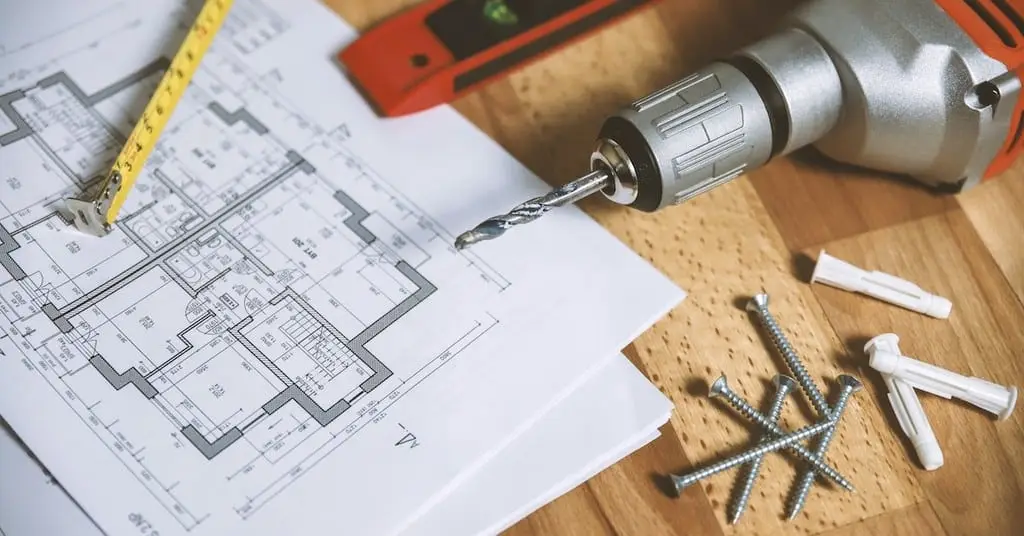Home Improvement Guide for First-Time Renovators

Renovating your home can be an exciting yet daunting endeavor. For first-time renovators, the process may seem overwhelming, but with the right guidance and planning, it can be a rewarding experience that enhances the comfort and value of your home. Home improvement projects require careful thought, budgeting, and execution to ensure they not only meet your expectations but also stay within your financial parameters. This guide will help you navigate the essential steps to make your renovation process smooth and successful.
Setting a Clear Vision for Your Home Renovation
Before diving into any home improvement project, it is crucial to have a clear and realistic vision of what you want to achieve. Take time to research the kind of changes you would like to make and the purpose behind them. Are you aiming for aesthetic upgrades, better functionality, or both? Whether it’s a kitchen remodel, bathroom overhaul, or an attic conversion, knowing the scope of your renovation will guide you through the next steps.
Start by creating a list of your priorities, breaking them down into must-haves and nice-to-haves. This helps in making informed decisions when choosing materials, contractors, and designs. Additionally, keeping a vision board or a collection of design inspirations can help clarify the direction for your project.
Budgeting for Your Renovation
One of the most critical aspects of home improvement is setting a budget. Costs can quickly escalate if you don’t carefully track and control your spending. Begin by determining how much you’re willing to spend on your renovation project. This includes costs for materials, labor, permits, and unexpected expenses that may arise during the renovation process.
It’s essential to build in a contingency fund, typically 10-20% of your total budget, to account for unforeseen challenges. When planning, get estimates from different suppliers and contractors to ensure you are getting competitive pricing. Consider investing in quality materials that will stand the test of time, as cutting corners on material costs might lead to higher maintenance costs in the long run.
Hiring the Right Professionals
For most first-time renovators, home improvement projects often require professional help. Hiring the right contractors is crucial to ensure the quality and efficiency of the work. Start by researching reputable contractors who specialize in the specific type of renovation you are planning. Always check for proper licensing, insurance, and references.
Interview multiple candidates and get detailed written quotes to compare. Don’t be swayed solely by the lowest price; consider their experience, reviews, and portfolio of completed work. Clear communication is essential for a successful partnership, so make sure expectations, timelines, and payment schedules are thoroughly discussed before signing any contracts.
Understanding the Permits and Regulations
Depending on the nature of your home improvement project, you may need permits from your local government. Structural changes, electrical work, and plumbing installations often require official approval. Before starting any major renovations, research the necessary permits for your area, and ensure that your contractors are familiar with local building codes and regulations.
Failing to obtain the appropriate permits can result in fines, delays, and even the need to undo the work. In some cases, you may also have difficulty selling your home in the future if the renovations are not up to code. Consult with your contractor or a local building authority to ensure that all legal requirements are met.
DIY vs. Hiring a Contractor
When it comes to home improvement, some tasks are suitable for DIY, while others require professional expertise. Small cosmetic changes, such as painting, wallpapering, or installing new light fixtures, are ideal DIY projects that can save you money. However, more complex work, such as electrical, plumbing, or major structural alterations, should always be left to the experts.
If you are considering DIY for certain aspects of the renovation, ensure you have the necessary tools and skills. It’s important not to overestimate your capabilities, as mistakes can be costly and time-consuming. Start small with manageable projects and work your way up as you gain confidence and experience.
Selecting the Right Materials
Choosing the right materials for your home improvement project is essential for both aesthetic appeal and long-term durability. Research the options available for each aspect of your renovation, from flooring to countertops, and ensure they align with your goals for both style and functionality.
For instance, if you’re updating your kitchen, consider materials that offer both beauty and practicality, such as quartz countertops or durable hardwood floors. If sustainability is a priority, look for eco-friendly materials that reduce environmental impact while still providing the quality and appearance you desire.
Managing the Renovation Timeline
A clear and realistic timeline is essential for any home improvement project. Set achievable milestones and communicate these with your contractor to ensure the project stays on track. Delays are common in renovations, but having a structured timeline helps keep things moving forward.
It’s also important to allow flexibility within your timeline for unexpected issues that may arise. For example, supply chain delays or hidden problems behind walls can push your renovation back. Discuss potential delays with your contractor in advance so you can plan accordingly.
Staying Organized Throughout the Renovation Process
Organization is key when managing a home improvement project, especially for first-time renovators. Keep all documentation related to your project, such as contracts, receipts, permits, and warranties, in one place. This will help ensure that you stay on top of deadlines, payments, and project specifications.
Regularly communicate with your contractor and keep an eye on the progress. Documenting the progress of your renovation can also be useful in the event that any disputes arise later.
Embarking on a home improvement project for the first time can be both exciting and challenging. By following these essential steps—setting a clear vision, budgeting wisely, hiring the right professionals, and staying organized—you can ensure that your renovation is successful and rewarding. A well-planned renovation will not only improve the functionality and aesthetic of your home but will also increase its value for years to come.




